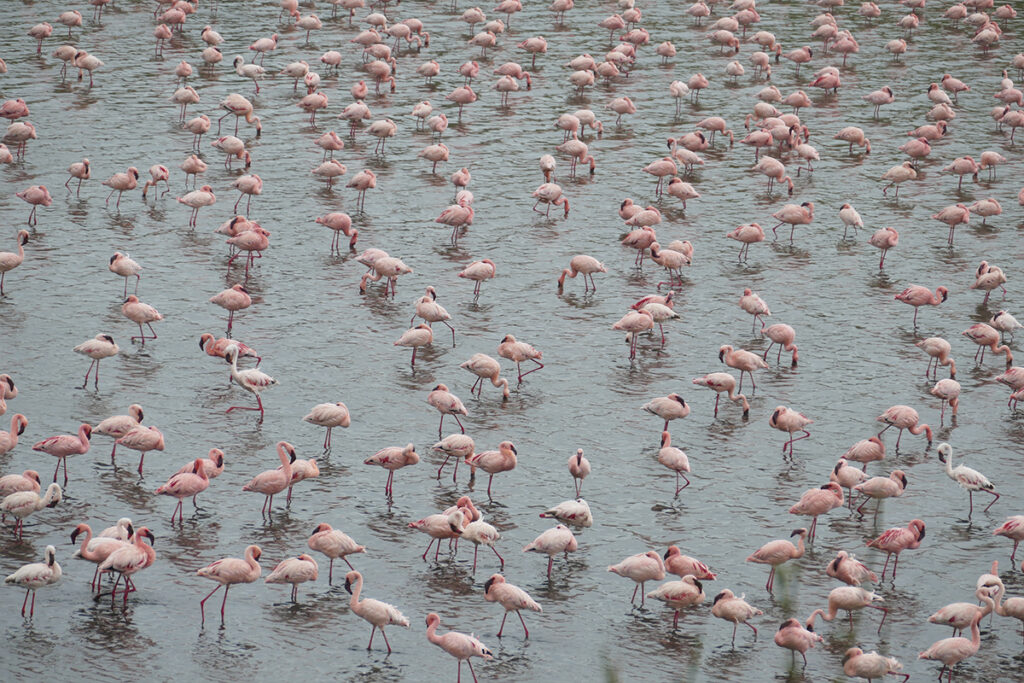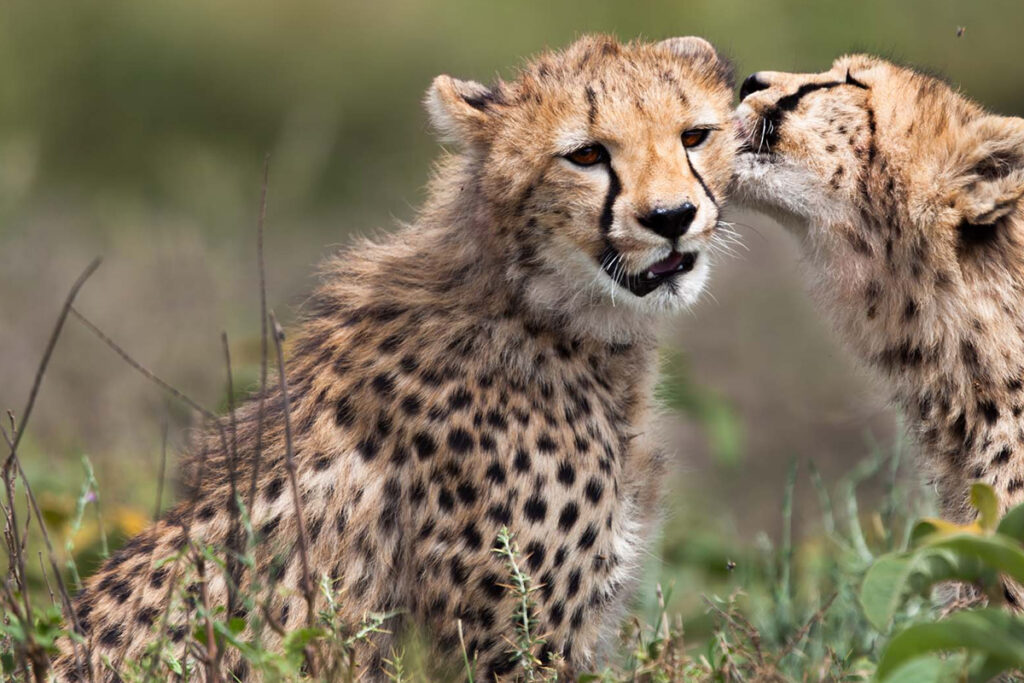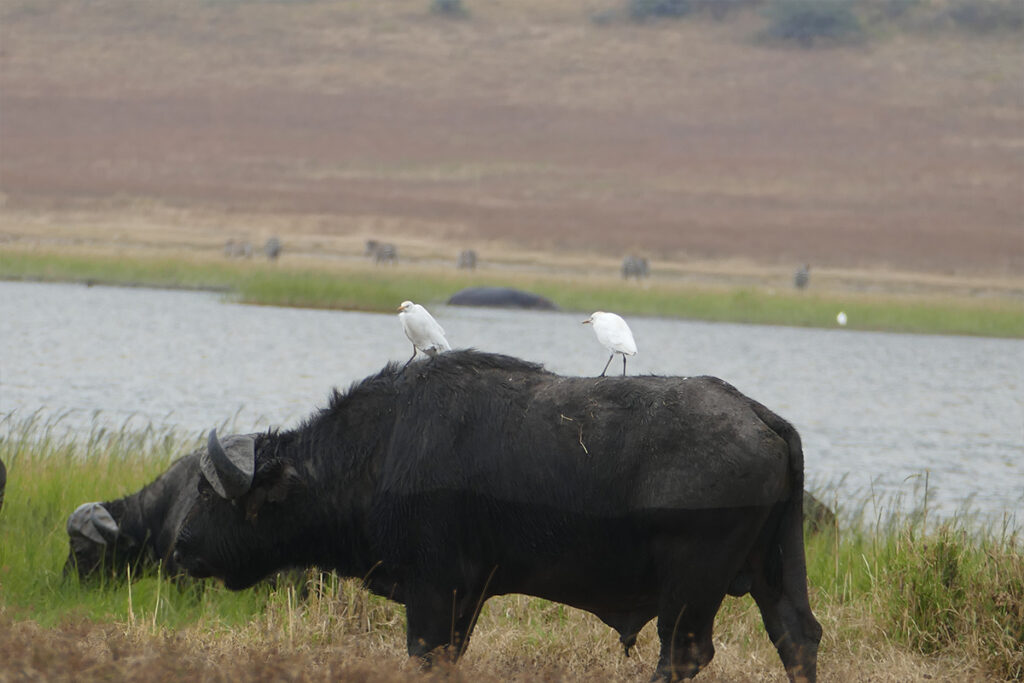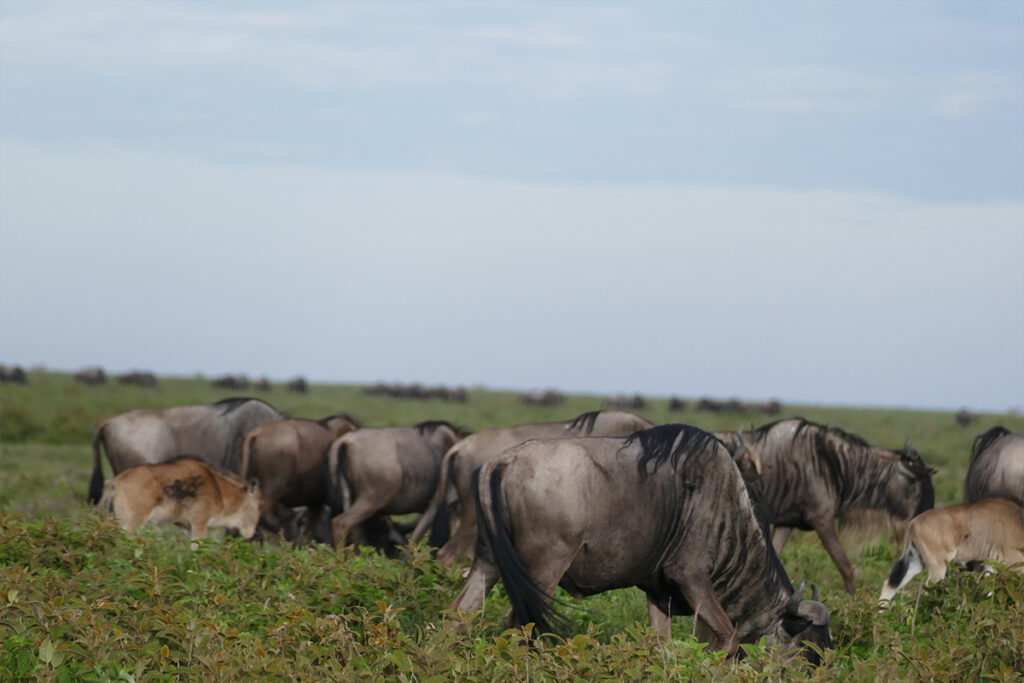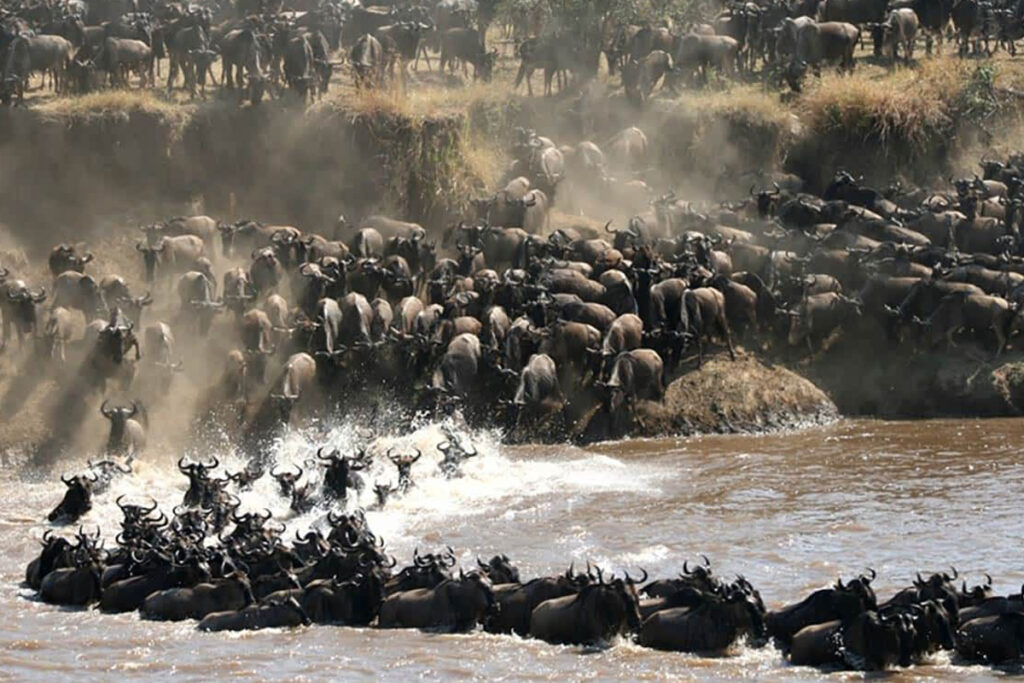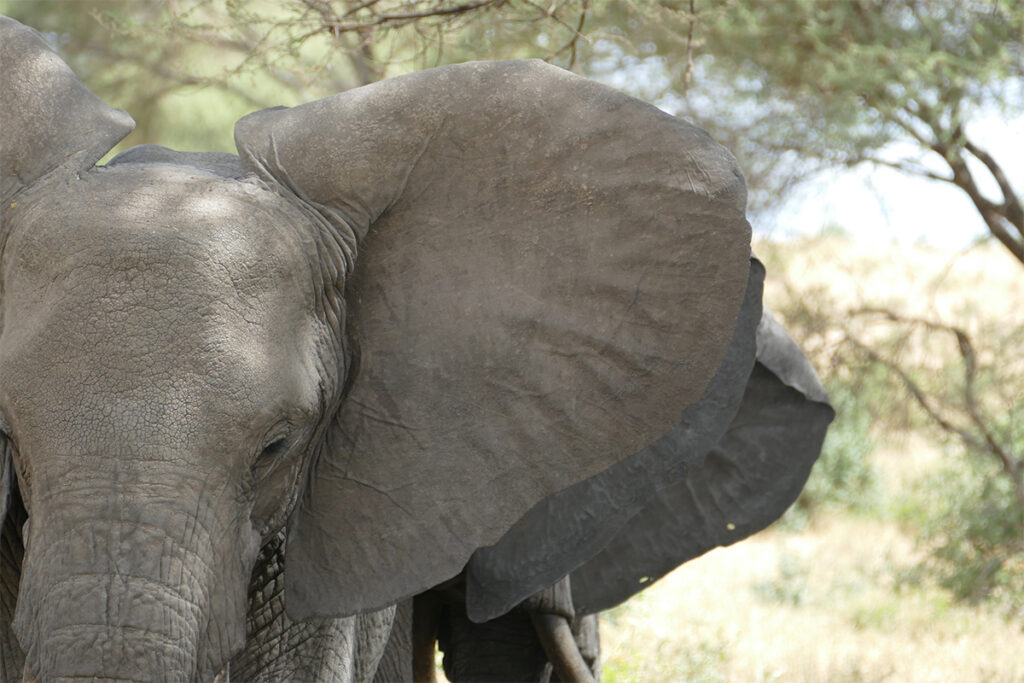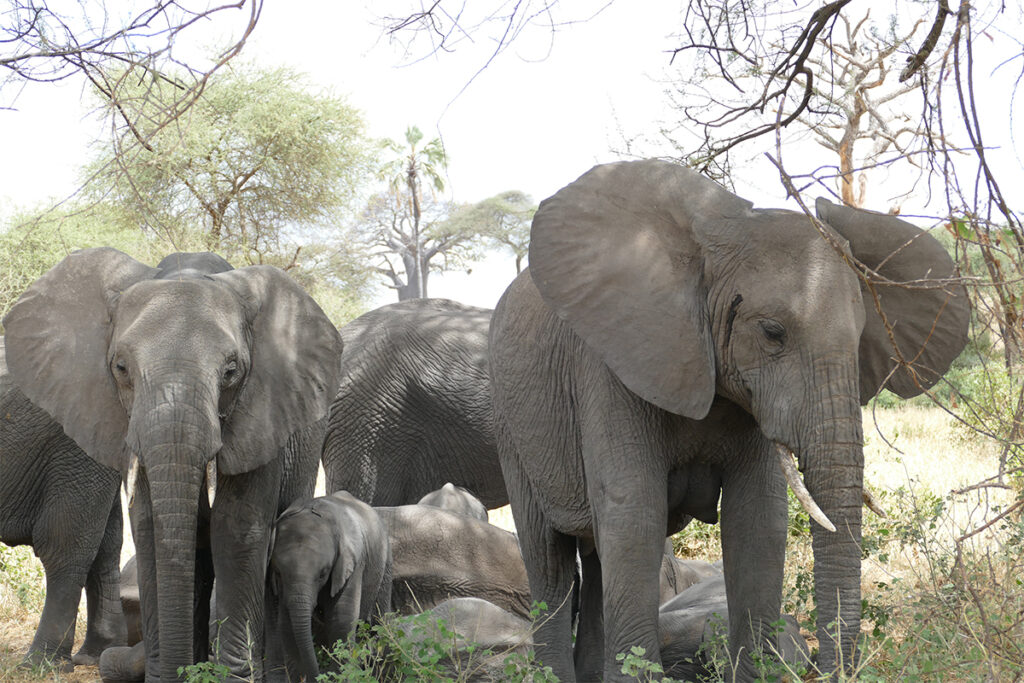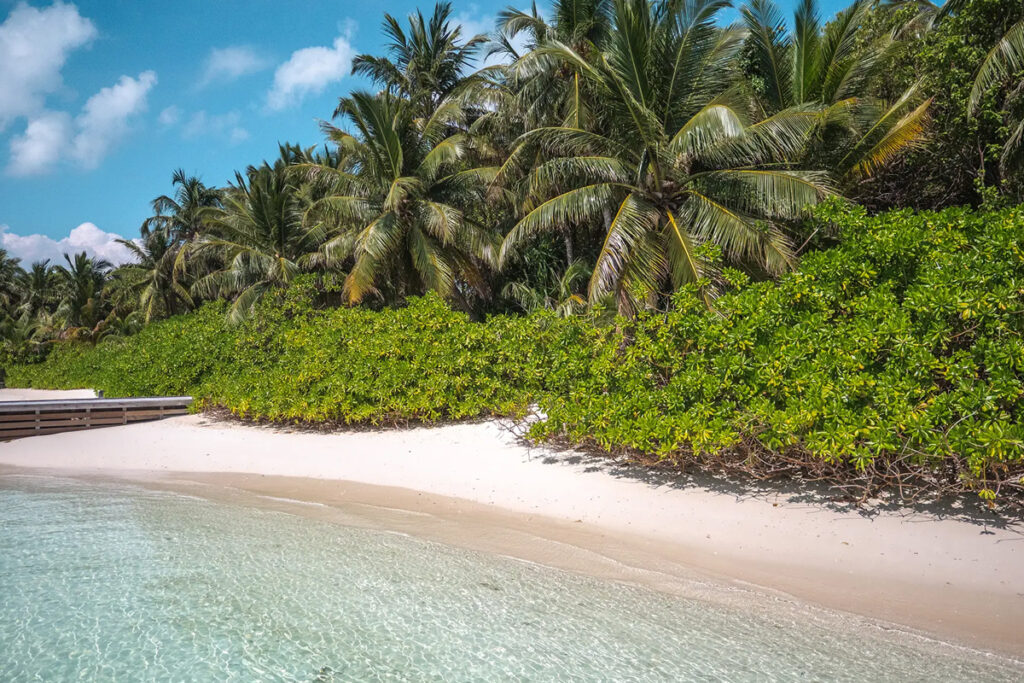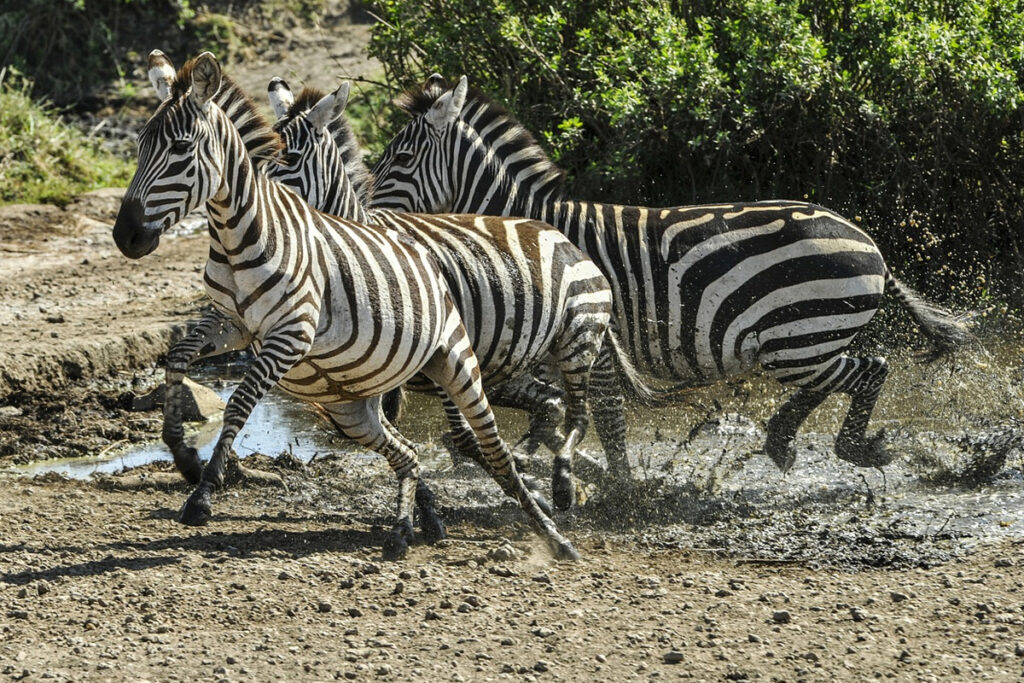Tanzania Travel Safety: Essential Tips for a Safe Trip
Tanzania is one of Africa’s most popular travel destinations, offering incredible wildlife, diverse landscapes, and rich cultural experiences. However, like any destination, it’s essential to be aware of safety considerations to ensure a smooth and enjoyable trip. This guide covers key safety tips, from personal safety to health precautions and safari-specific advice, so you can confidently explore Tanzania.
1. General Safety in Tanzania
Tanzania is generally a safe country for tourists, especially in popular safari destinations like Serengeti, Ngorongoro Crater, and Zanzibar. However, it’s important to take standard precautions, particularly in urban areas.
Safety Tips for Urban Areas:
- Dar es Salaam and Arusha: These are Tanzania’s largest cities and are generally safe for tourists. However, like in many big cities, petty crimes such as pickpocketing and bag snatching can occur, especially in crowded areas.
- Zanzibar: Zanzibar is a popular destination, but tourists should be cautious in Stone Town, particularly at night. Avoid walking alone after dark.
- Stay in Safe Areas: Stick to well-known tourist areas and reputable accommodations. Use hotel safes for valuables and avoid displaying expensive items like jewelry or electronics.
Personal Safety Tips:
- Avoid Walking at Night: If you must go out at night, use a reputable taxi service rather than walking alone, especially in urban areas.
- Be Aware of Scams: Be cautious of unsolicited offers or “helpers” who may attempt to charge you for unsolicited services.
- Carry Copies of Important Documents: Leave your passport in your hotel safe and carry a photocopy of it along with your visa and travel insurance documents.
2. Health and Safety Precautions
Vaccinations and Health Considerations
Before traveling to Tanzania, ensure you are up-to-date on the necessary vaccinations and health precautions.
| Vaccination/Health |
Details |
| Yellow Fever |
Mandatory if arriving from a yellow fever endemic country. A certificate may be required upon entry. |
| Malaria Prevention |
Malaria is common in Tanzania, so take anti-malaria medication and use insect repellent (DEET-based) to prevent mosquito bites. |
| Routine Vaccinations |
Ensure your routine vaccines (Tetanus, Hepatitis A & B, Typhoid) are up to date. |
| Drinking Water |
Drink only bottled or purified water to avoid waterborne diseases. Avoid ice cubes made from tap water. |
| Mosquito Nets |
Use mosquito nets while sleeping, especially in areas with a higher risk of malaria. Many lodges and camps provide nets. |
Hospital and Medical Care
- Medical Facilities: While Tanzania has medical facilities in major cities like Dar es Salaam and Arusha, healthcare in rural or remote areas may be limited. Carry basic medical supplies, especially if you are traveling to remote parks or embarking on a Kilimanjaro trek.
- Travel Insurance: Make sure your travel insurance covers medical emergencies and evacuation, especially if you plan to visit remote safari destinations or climb Mount Kilimanjaro.
3. Safari Safety Tips
Tanzania is famous for its safaris, and while they are generally safe, it’s important to follow certain rules to ensure your safety around wildlife.
Game Drive and Wildlife Safety:
- Listen to Your Guide: Always follow your safari guide’s instructions, as they are experienced in navigating wildlife and ensuring your safety.
- Stay Inside the Vehicle: Do not exit the vehicle during a game drive unless your guide gives explicit permission. Most animals are accustomed to the vehicles and will ignore them, but getting out can be dangerous.
- Keep a Safe Distance from Wildlife: Even though animals may appear calm, they are still wild and unpredictable. Maintain a respectful distance and avoid sudden movements.
- Do Not Feed the Animals: Feeding animals can disrupt their natural behaviors and may encourage dangerous situations.
- Be Cautious in Camps: Many safari camps are unfenced, meaning animals may wander close. Always walk with a guide or staff member at night and avoid wandering alone.
4. Safety During Trekking and Adventure Activities
Climbing Mount Kilimanjaro
Mount Kilimanjaro is one of Tanzania’s most popular adventure destinations, but climbing to the summit comes with risks such as altitude sickness.
| Safety Tips for Kilimanjaro |
Details |
| Altitude Sickness |
Acclimatize properly to avoid altitude sickness (Acute Mountain Sickness – AMS). Choose longer routes for better acclimatization and ascend slowly. |
| Hydration and Nutrition |
Drink plenty of water and eat regularly to maintain your energy levels. |
| Trekking Gear |
Ensure you have the proper clothing, gear, and footwear for cold weather, especially for summit night. |
| Guides and Porters |
Climb with certified guides and porters who are experienced in handling the route and safety issues. |
Snorkeling and Diving in Zanzibar
Zanzibar offers excellent opportunities for snorkeling and diving, but it’s important to take necessary precautions when participating in water-based activities.
| Safety Tips for Water Activities |
Details |
| Use Reputable Operators |
Ensure that your snorkeling or diving operator is certified and follows safety protocols. |
| Check Equipment |
Make sure your equipment (mask, fins, life vest) is in good working condition before entering the water. |
| Know Your Limits |
Don’t push yourself beyond your swimming or diving capabilities. |
5. Environmental and Wildlife Conservation
Tanzania takes wildlife conservation seriously, and tourists are encouraged to help protect the country’s natural resources and ecosystems.
Conservation Tips:
- Follow Park Rules: When visiting national parks, adhere to park rules such as sticking to designated roads and not disturbing the wildlife.
- Do Not Litter: Keep Tanzania’s parks clean by carrying out any trash you bring in.
- Support Ethical Tourism: Choose safari operators and lodges that support conservation efforts and responsible tourism practices.
6. Road and Transportation Safety
Traveling around Tanzania is generally safe, but road conditions in rural areas can be challenging.
Transportation Tips:
- Use Reputable Transport Services: When traveling between cities or to national parks, use reliable transport services or arrange transfers through your lodge or tour operator.
- Road Safety: Road conditions can be poor, especially in rural areas, and driving can be hazardous due to rough terrain, wildlife crossings, and unpaved roads. It’s best to hire an experienced driver if you’re unfamiliar with Tanzanian roads.
- Domestic Flights: Flying between national parks or from mainland Tanzania to Zanzibar is common. Use well-known airlines such as Precision Air or Coastal Aviation for reliable domestic flights.
7. Cultural Respect and Awareness
Tanzania is a culturally diverse country, and being respectful of local customs and traditions will enhance your experience.
Cultural Etiquette:
- Dress Modestly: Especially in rural areas and Zanzibar, dress modestly. Women should avoid wearing revealing clothing, especially when visiting local villages or religious sites.
- Respect Local Customs: Tanzanians are generally polite and hospitable, so be sure to greet people with a handshake and learn a few basic Swahili phrases (e.g., “Jambo” for hello, “Asante” for thank you).
- Photography: Always ask for permission before taking photos of people, especially in rural areas and Maasai villages.
8. Emergency Contacts in Tanzania
It’s always good to be prepared in case of an emergency. Here are some important contact numbers:
| Emergency Service |
Contact Number |
| Police |
112 or 111 |
| Ambulance |
115 or 114 |
| Tourist Hotline (Tanzania) |
+255 784 221 260 |
| Embassy/Consulate |
Locate your country’s embassy or consulate in Tanzania. |
Tanzania is a safe and welcoming destination, but like any international trip, being aware of your surroundings and taking safety precautions will enhance your travel experience. From the vibrant streets of Dar es Salaam to the remote plains of the Serengeti, your safari adventure will be a memorable one if you follow these safety guidelines. If you need help planning your trip or have more questions about safety in Tanzania, feel free to reach out!
Safe travels!

